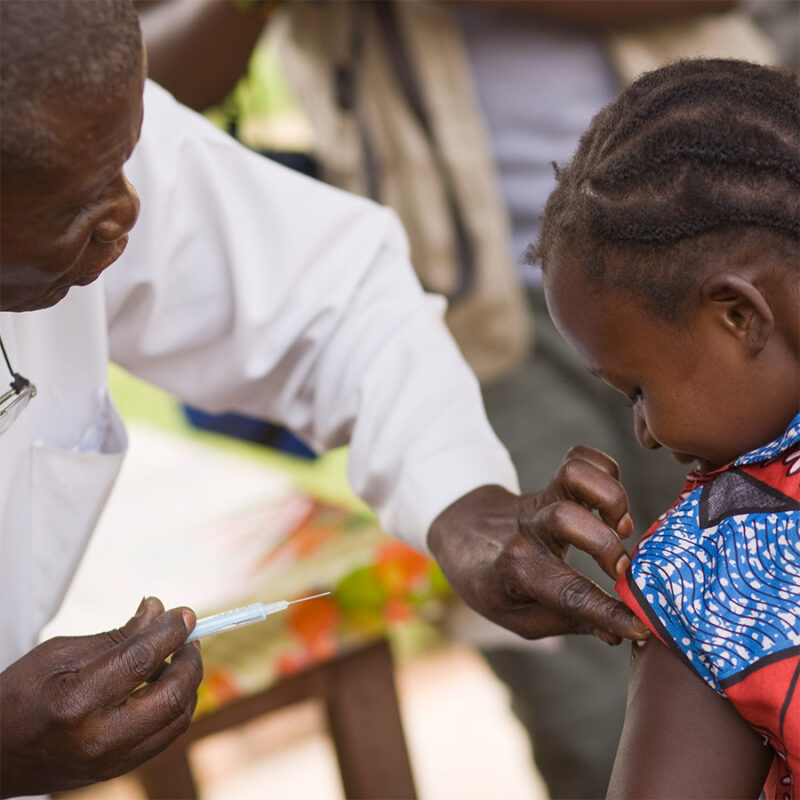From early responses to the COVID-19 crisis what can we learn about Humanitarian & Development Coordination and Saving Lives and Livelihoods?
From early responses to the COVID-19 crisis what can we learn about Humanitarian & Development Coordination and Saving Lives and Livelihoods?
Authored by Katie Bigmore
During the early response to any crisis, coordination is always a challenge. Not just coordination of the response itself, but also funding, the stakeholders and the information to guide decision making. In Fragile and Conflict Affected States (FCAS), there is also the additional hurdle of coordination between humanitarian and development programming.
Put simply, humanitarian programming is focused on saving lives and short-term needs, whilst development programming places emphasis on building livelihoods and meeting longer-term needs. Traditionally, coordination between these two aid modalities has been difficult. They have operated on different rules and responded through parallel mechanisms. There is a challenge to breaking down these traditional barriers to consider the inter-relationships between humanitarian assistance and longer-term development objectives and needs.
Recent efforts to bridge the two modalities have seen humanitarian funding supporting programmes for recovery, resilience and even stabilisation. In 2019, the Grand Bargain brought in new commitments for humanitarian funding to increase multi-year funding to ensure greater predictability and continuity in humanitarian response. In short, the efforts have involved using short term humanitarian assistance for longer term results.
So what can we learn from the early responses to the COVID-19 crisis in Lower income Countries (LICs) and FCAS? What is new?
- Using longer term development assistance for short term results.
With COVID-19 we are witnessing an interesting new trend, where some development partners are using their traditional development funding to respond to the new crisis. Long-term programmes, across a range of sectors, are being asked to pivot and adapt their activities to respond and meet the more immediate needs of COVID-19. - The focus of the response has been on saving lives, but there is a growing need is to save livelihoods.
While an emergency health response is much needed to help save lives, the socio-economic and political impacts of ‘lockdown’ measures, taken to control the spread of the disease, have the potential to impact on populations as if not more detrimentally compared to the risk of the disease itself. A public health crisis in contexts where there is already poor governance has the risks of escalating human rights violations, marginalisation and repression. Local restrictions on movement restrict workers from earning a living, and international restrictions on movement impact on trade and the flow of goods and services.
Integrity is working with several development partners and institutions to help them pivot and adjust their programming to respond to COVID-19
We are implementing projects in a number of LIC and FCAS countries, working across humanitarian, development and stabilisation programming.
Last year, over a six-month period, Integrity undertook a Review and consultation on Strengthening Humanitarian & Development Stakeholder Coordination for Health in Fragile Settings. The aim of the coordination review was to explore how efforts to strengthen stakeholder coordination across the humanitarian-development-peace nexus can lead to improved health outcomes and contribute to Universal Health Coverage (UHC). This work was contracted by the WHO UHC 2030 Technical Working Group on UHC in fragile settings.
See further examples of how our projects are responding during COVID-19 in Pakistan, DRC and West and North Africa. Get in touch to discuss how Integrity can support your programmes through additional MEL and Research support in times of crisis.
Tags
